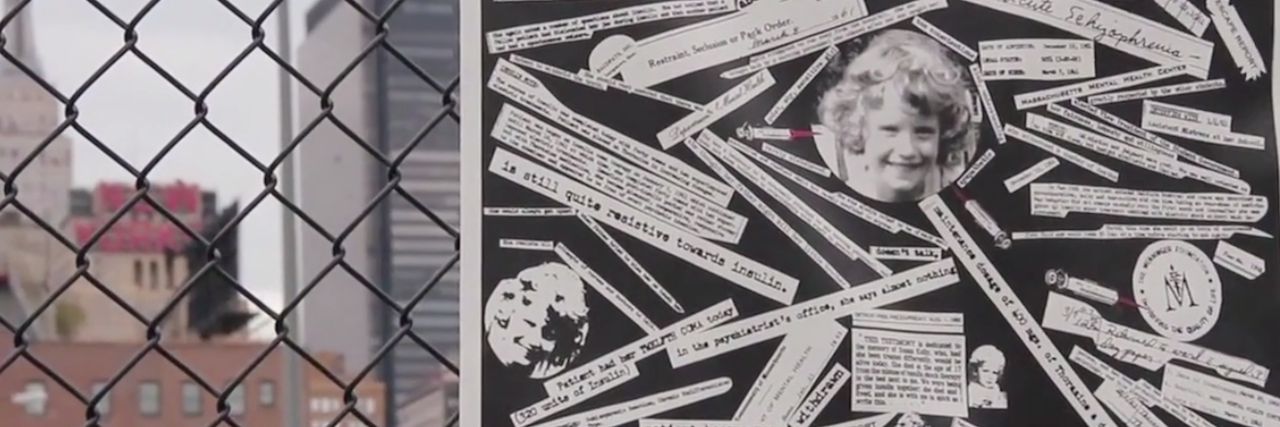When I was a sophomore in college, my father died. Three months later, my brother died — by suicide.
I was 19 and completely in the dark about this. I didn’t know how to talk about what I was going through — I was too ashamed. And my friends didn’t know how to talk to me — I think they were afraid that if they brought it up, it would remind me how sad I was. I didn’t need a reminder. I didn’t know what I needed, but, in retrospect, I wish I’d had this one thing: a community. People who got me.
When people asked me how my brother died, I said something like, “It was winter…in Michigan… snow and ice everywhere… he died in a car.” All true, with one slight omission. The car was in the garage.
And then, when I was in my early 20s, my older sister decided it was time to tell me the true story of how my dad died. He didn’t die of a heart attack, she explained, he took his own life. Although I had my suspicions, I still wasn’t prepared for it to be a real thing. I didn’t even know he was unhappy, let alone suicidal (whatever that meant). He was my dad. The guy who took care of us. Took care of everything. Except, I realize all these years later, himself.
I still hadn’t accepted my brother’s suicide; how would I ever be able to process this new twist about my dad? (Answer: not well). There was more omission. When people asked — and they inevitably did — my answer was “his heart stopped.” This wasn’t false — when you die, your heart stops.
My mom, in trying to protect me, couldn’t bring herself to say the words that must have brought her unimaginable guilt, shame and gut-wrenching sadness. I get it — ish, but I can’t continue on that path. I need to talk about it and provide a vehicle for others to talk as well. And that was not an overnight epiphany. Quite the contrary. It was more like a slow realization that the silence and the omission and the shame were kind of stunting my growth. And rather than honoring the lives of two of the most important people to me, I was focused on hiding from their deaths. If I had to put a time stamp on this shift, it would probably be around the time my daughter was born. It became clear to me that as I was bringing a child into this world, there could be no more deceit. She was not going to be brought up in a culture of family secrets and not knowing who she is and where she came from. And I was done with the secrets as well. My story is my story. I can no longer be afraid of the judgment that may befall me as somebody who has lost loved ones to suicide.
And it was that trajectory that put me on the path to make our forthcoming documentary, “The S Word.” I know firsthand suicide is a subject that makes people uncomfortable and, as a result, they don’t talk about it. That’s not OK, because too many people are dying. So I set out to make a film where people can share their stories of struggling with surviving suicide. Which I hope will encourage others to join a conversation about this most taboo of topics.
Although I started this project from the perspective of a loss survivor, what I found was a thriving community of advocates — people who have attempted suicide and survived — who now all work, in many incredible ways, toward helping others prevent suicide and share their stories, too. They are actively changing what the label of suicide attempt survivor can mean. Those are the stories that can save lives.
The deafening silence that surrounds suicide is a contributing factor in it being the 10th leading cause of death in the United States. I, and the people in “The S Word,” are part of a growing community. A community of people who are fearlessly saying the “S” word to invite compassion and hope, and who are helping people struggling with contemplating, or surviving, suicide to know they aren’t alone. Please join us.
If you or someone you know needs help, visit our suicide prevention resources page.
If you need support right now, call the Suicide Prevention Lifeline at 1-800-273-8255. You can reach the Crisis Text Line by texting “START” to 741-741.

